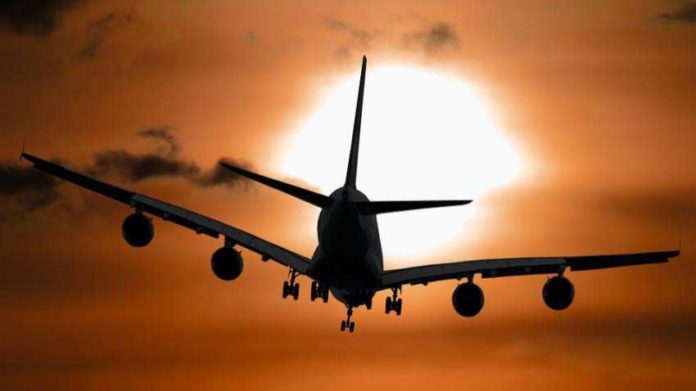The Pakistan Civil Aviation Authority (PCAA) has been reorganised into three distinct entities: the Pakistan Civil Aviation Authority (PCAA), the Bureau of Aircraft Safety Investigation (BASI), and the Pakistan Airports Authority (PAA).
Each entity has been assigned specific responsibilities under the new structure.
Geo News reported, citing notifications issued by the Ministry of Aviation on August 9, 2024, the Pakistan Civil Aviation Authority (PCAA) will continue to oversee regulatory functions, including flight standards, pilot licensing, aerodrome airspace management, airworthiness, air transport, and aeromedical services.
Whereas all commercial airports have now been integrated into the Pakistan Airports Authority (PAA).
The Bureau of Aircraft Safety Investigation (BASI) will be responsible for investigating aircraft accidents.
This reorganisation follows the passage of a bill by the federal government in 2023 that mandated the separation of the PCAA into three independent entities.
The Ministry of Aviation has confirmed that employees have been reassigned to the appropriate departments based on their expertise and experience. Financial resources and assets have also been distributed among the new departments.
A separate notification will be issued soon to appoint the heads of these departments.
Additionally, the Ministry of Aviation has advertised the positions of director generals for both the PCAA and PAA.
























